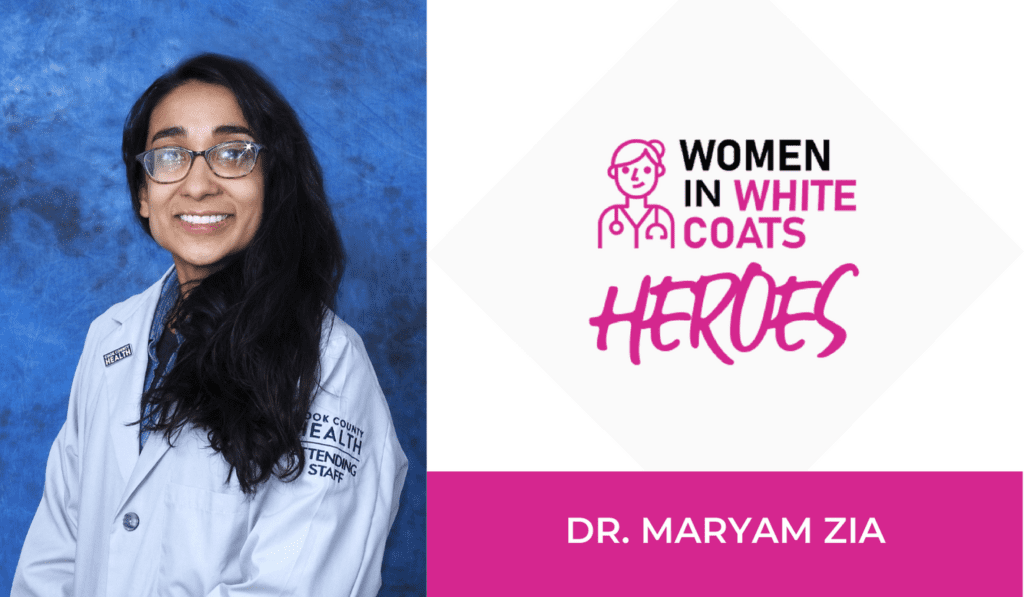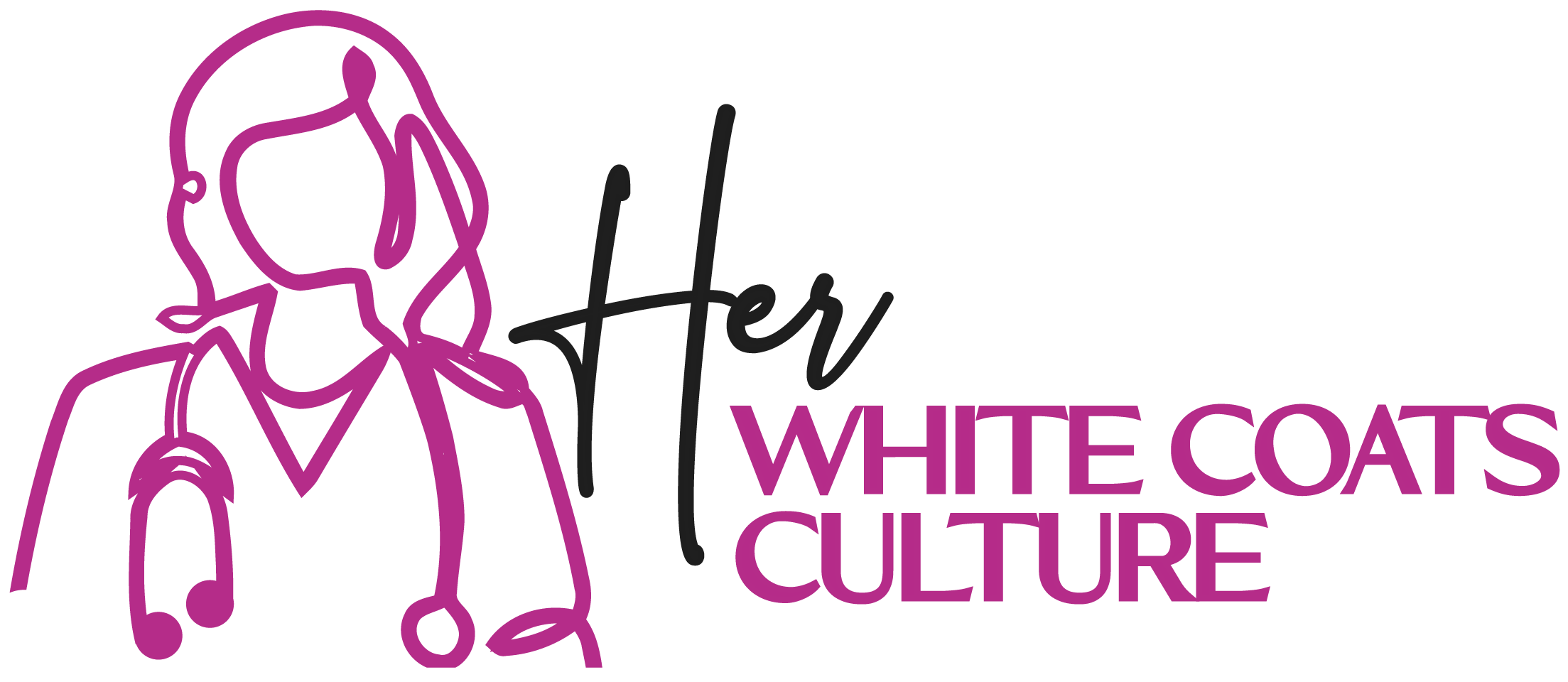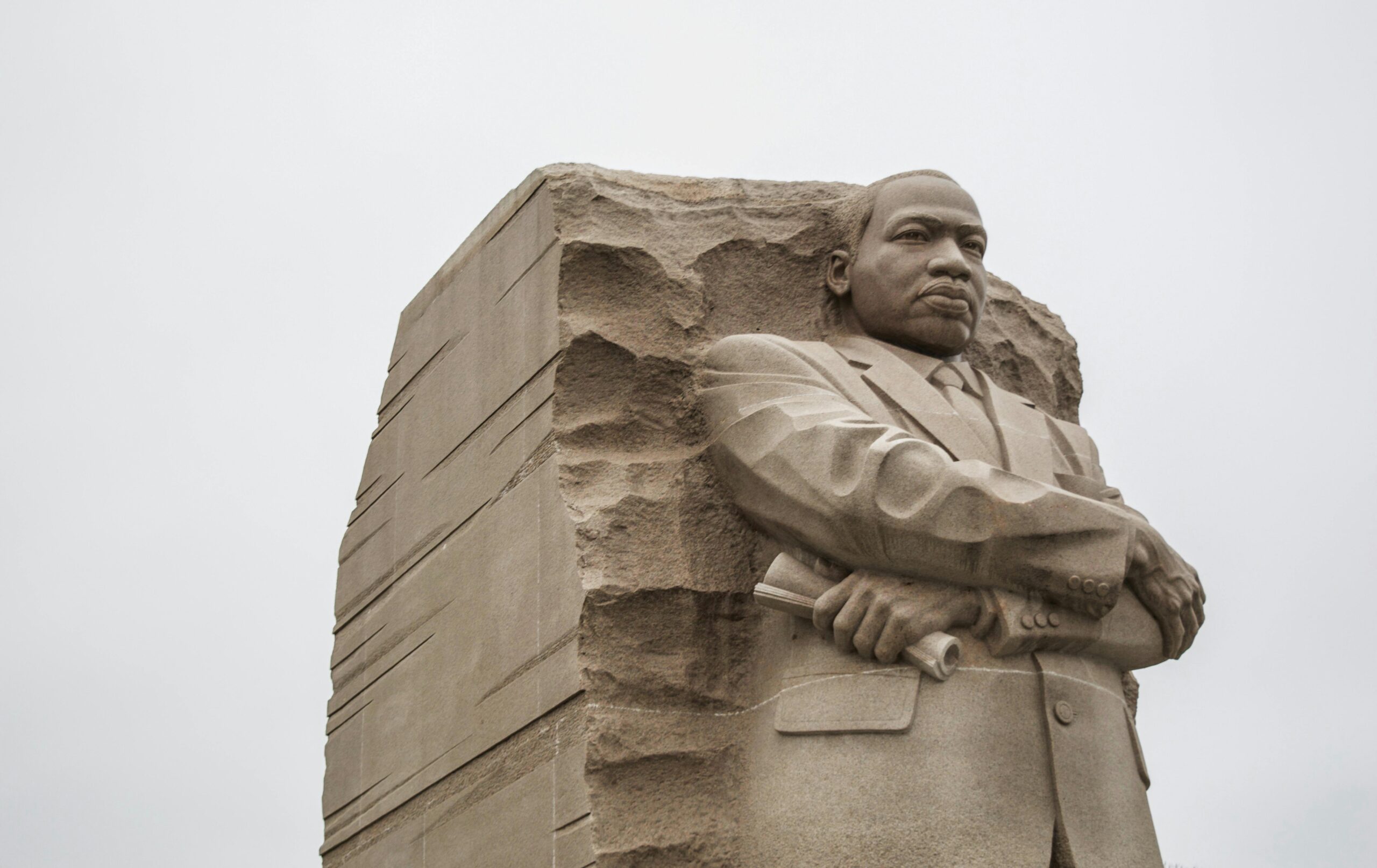Dr. Maryam Zia was voted by her peers as the 2022 Women in White Coats Hero of the Year! She was presented her award at the 2022 Women in White Coats CME Conference and Wellness Retreat and this is her beautiful and touching acceptance speech.

Good evening.
Hope everyone is doing well today. Thank you so much for allowing me to be here and speak. I’m very grateful for the opportunity.
When I was first nominated for this award by a very generous friend, I dismissed it as something for someone else. Someone better, more accomplished, more worthy. Have you ever felt that way? If there is something I want to impress upon you all today, it is that. All of you are that winner. And to pay attention to that voice telling you are not. And question it.
Being a woman in medicine is a privilege and a challenge. For all the reasons you already know. I feel uniquely unqualified to dispense any advice, nor do I possess any particularly novel wisdom to share. But perhaps a reminder. Because even if it is old, it still rings true and warrants repeating.
The first thing I wanted to say is that we are all just people at the end of the day. We wear different labels, and all of them hold meaning. But none of them hold more meaning than human. In today’s world, it is all too easy to forget that. And while this conference is about honoring women, I would be remiss if I did not acknowledge the many men who lift us up and comprise our worlds.
To be honest, I didn’t really think much about being a woman in medicine. I just thought of myself as another doctor, another person. As time has passed, in life and in my career, certain observations have come to light. I will share with you the story of one of my patients, a different kind of woman in medicine, but whose joys and trials are not unlike those of you and me.
Mayra was 40 years old when she was diagnosed with ALL. Uninsured, undocumented. She had given birth to her second child a month and a half before. The father of her children was not exactly in the picture. On again, off again relationship, marginally involved in the care of the children, and not excited to do so at that.
Her apartment was about an hour away from the city. There was no one in her life in the states; all her family resided in Mexico. She would miss chemotherapy due to lack of childcare. I would scold her, fearful that she just wasn’t getting the message that lapses in therapy allow for resistance and ultimately fatality. In order to gain access to the medication assistance programs, she needed to live within Cook County. So, she rented a couch in a friend’s living room. Her meals came from a local church. During this time, she could not see her children with frequency because they now lived with their father, back in the suburbs.
She relapsed, unfortunately, and spent months hospitalized, developing bacteremia for an organism resistant to all available agents. Hemorrhaging. Unable to ambulate secondary to debilitating peripheral neuropathy. For months, she was told how hopeless her case was. That she should enroll in hospice. But she remained steadfast in her faith, standing up to all of us, giving it her all, on the chance that she might be able to stick around one day for her kids.
We were eventually able to have her sister come and travel to care for, and spend time with her. She made homemade tamales and brought them to Mayra’s hospital room. It had been a long time since I had seen her so happy. Mayra went home for Christmas and New Year’s, to spend with her kids. She died a day later. While she did not ultimately make it, in some sense, that is not what matters. The way she lived did.
I tell you this story because Mayra is me and she is you.
She yelled at me one day, sobbing. “You’re not listening to me! I am trying! I know you want me to live but you have no idea how hard this is. I don’t want to miss treatment. But I have no way to get here! It’s a pandemic. I have no money. I cannot bring my baby and nine-year old to the infusion center. I have no one to watch them.”
Have you ever felt this way? That no one sees how hard you are trying? Have you ever been that physician that cares so much about their patient being able to live that you don’t see what their life is like now?
Did you ever believe in something so much, with so much conviction and have people try to tell you otherwise? To dissuade you from the path you wanted to take?
Did you want to fight so hard for your family? To take care of the people you love? To secure a future for them and keep them safe? To spend as much time with them as you can?
Have you tried to accept the ways of the world, your fate, and yet also change the current trajectory? Have you fought based on principle and not outcome?
Have you been grateful for being able to go home for a weekend after a grueling week? To spend a treasured holiday at home? Just to be outside, breathe fresh air, feel the sun and the wind?
Have you felt humbled by the fragility of your body and of life? How quickly and without warning it crumbles. And marvel at how, just as fast, it can bounce back? Is it hard to prioritize your own health, no matter how important you know it is?
Have you been able to forgive yourself for the things you were unable to do? The things others were unable to do for you?
Have you tried to set limits and have people walk beyond them, even if innocently? Have people think they know what is best for you, even if well-meaning? Felt pressured to keep everyone happy, even if that pressure comes from within?
Mayra did all of these things.
I do these things. I love trying to help my patients, but I can be dismissive when stressed. I feel appreciated sometimes. Sometimes I don’t. Occasionally, I have to stand up to others for a particular plan of care. I have to argue, which is very uncomfortable for me. I am getting more comfortable. I am starting my own personal fight for pay equity. To support my family and my self-respect. I am answering emails and texts at certain times of the day only and then looking the people in my house in the eye when we speak. I leave work when I am done and don’t stick around for appearances. I am actually using my vacation time and allowing the hospital to address the problem of staffing shortages instead of taking it upon myself.
I am reminding myself what a charmed life I really lead, to count my blessings and realize what a great job I have. I am finally trying to take small steps to eat a little better, sleep a little better, move a little more. To give myself a break while trying to always be a better version of myself. To extend that courtesy to others. To realize I am a small cog in this giant wheel. It is my responsibility to turn the very best I can. But it is not within my power to be every other cog as well. And by trying to be so, I am lessening the quality of the very duty I am obligated to fulfill.
I cherish my partner, who is a star full-time student. I try to check in with and see my parents, who are aging and battling their own declining health and changing life circumstances. I try to work on the house, walk the dog, make time to pray, and embarrassingly last, study.
You do all of these things. You raise children—stay up with a sick kid, plan a birthday party, do homework. You pump while at work. You maintain households—manage budgets, organize vacations, remember anniversaries, plant gardens. You have adventurous hobbies and quiet pursuits. You go out with girlfriends. You do research, teach, see patients, and handle administrative duties.
Mayra, you, and I know what it means to try something different, grow in confidence, and adapt. We are women in medicine. We are women in life.
Thank you once again for this honor, which really is shared. Let’s continue our work as individuals and as a team. And enjoy the rest of the evening!
Dr. Maryam Zia is a hematologist/oncologist, currently working at Cook County Hospital in Chicago, Illinois. She grew up in Saint Louis, Missouri, where she also attended college at Saint Louis University, on a full scholarship and graduated magna cum laude. She then matriculated to the University of Missouri-Columbia School of Medicine and went on to complete her internal medicine residency and hematology/oncology fellowship at the University of Illinois-Chicago, where she was awarded the Albert Schweitzer Humanitarian Award.
Upon graduation, Dr. Zia worked at the Markey Cancer Center at the University of Kentucky in Lexington, Kentucky for two years before returning to Chicago, where she is also an assistant professor of internal medicine at Rush University. Aside from her clinical care, she is interested in global health, completing two missions in Arequipa, Peru, as part of Health Volunteers Overseas.
Dr. Zia also participates in the teaching of medical students, residents, and fellows, research, service, and quality improvement initiatives.
Dr. Zia was nominated by her colleagues for her dedication to helping patients who need help the most despite limited resources. She often offers personal resources and goes above and beyond to help her patients and their well being. She is an exemplary person who embodies the true art and science of medical oncology and hematology.




